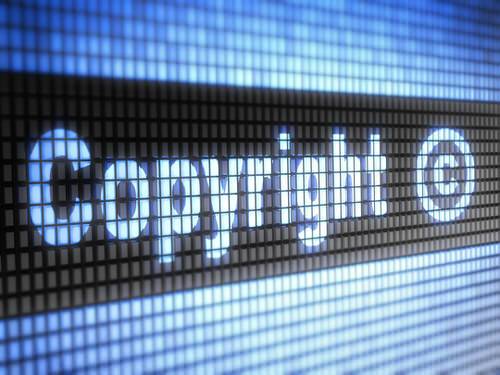
What if every time you shared an illegally downloaded file a copyright alert went off and notified your Internet service provider? Well, that day is pretty much here.
It’s the new “six strikes” plan against alleged pirates, formally known as the Copyright Alert System. It’s been slow to get off the ground, having first been scheduled for launch last July, and then again last November. It may amount to little more than a wrist slap for copyright violators. But it is exactly what the Center for Copyright Information (CCI) and five major ISPS – Verizon, Comcast, AT&T, Cablevision, and Time Warner Cable – are apparently finally launching this week to try to scare you out of sharing pirated material.
The plan, backed by ISPs and Hollywood studios, has been a running joke in some quarters due to the internal tensions of its backing coalition and the general toothlessness of its sanctions. The CCI itself insists its system is intended to educate consumers, not punish them. Online chatter about this new system depicts it as less “big brother” and more as a big bother.
But we should care about Six Strikes, because it’s likely to slow down the Web for some, subject others to burdens such as “mandatory” online educational courses, and widely violate the privacy of Web users – whether they’re really pirating movies and music or not.
Bark Or Bite?
Back in November, leaked documents reported by TorrentFreak revealed that Verizon would monitor BitTorrent users and respond to alleged copyright violators in a staged fashion, starting with two email warnings. Should users continue their alleged infringing activity, Verizon will push out third and fourth warnings in the form of intrusive popups that force users to confirm receipt. If that doesn’t do the trick, the ISP would slow down Internet connections to roughly dialup speed for 14 days.
But that’s just Verizon – every ISP will be free to tailor restrictions. Last October, TorrentFreak likewise reported that AT&T will block users until they complete a copyright course, and in November relayed that Time Warner will temporarily disrupt service.
Here’s the service in action, in a soothing video produced by the CCI:
What To Expect
Major ISPs actively monitoring and “trolling” our usage remains a major privacy issue, even if so far the modus operandi isn’t as nefarious as it might sound. The simple fact that third-party outfits can identify the IP address of someone sharing or distributing copyrighted material and then report them to the ISPs is likely to alarm many users once these alerts start going out.
The new system doesn’t force ISPs to shut off Web service to repeat offenders, but you can probably count on ISPs sharing the identities of alleged violators with copyright owners to pursue legal action. In the above video, the CCI says it won’t give out customer information, but if the backers of the program – many of them the creators themselves – lean hard enough, ISPs will probably cave.
As it stands now, Six Strikes won’t stop piracy. On the one hand, it’s just too easy to get around – widely available VPNs, proxies and similar measures all bypass the kind of monitoring that’s central to the system. Committed users can also just ignore the notifications, since there are apparently no sanctions past the sixth warning at ISPs like Verizon.
Still, this is interference, big time, from ISPs of a sort that Americans haven’t previously experienced. Even in attenuated form, Six Strikes could have unexpected consequences, such as killing public Wi-Fi. (Though the CCI denies that coffeehouse hotspots are in any danger.) And it’s not at all unreasonable to think that the sanctions could get more Draconian, given Hollywood’s well-known history of pushing for ever-stronger restrictions once the camel’s nose is under the tent.
So mind your bits and torrents, folks. This could get nasty.
Photo courtesy of Shutterstock

















